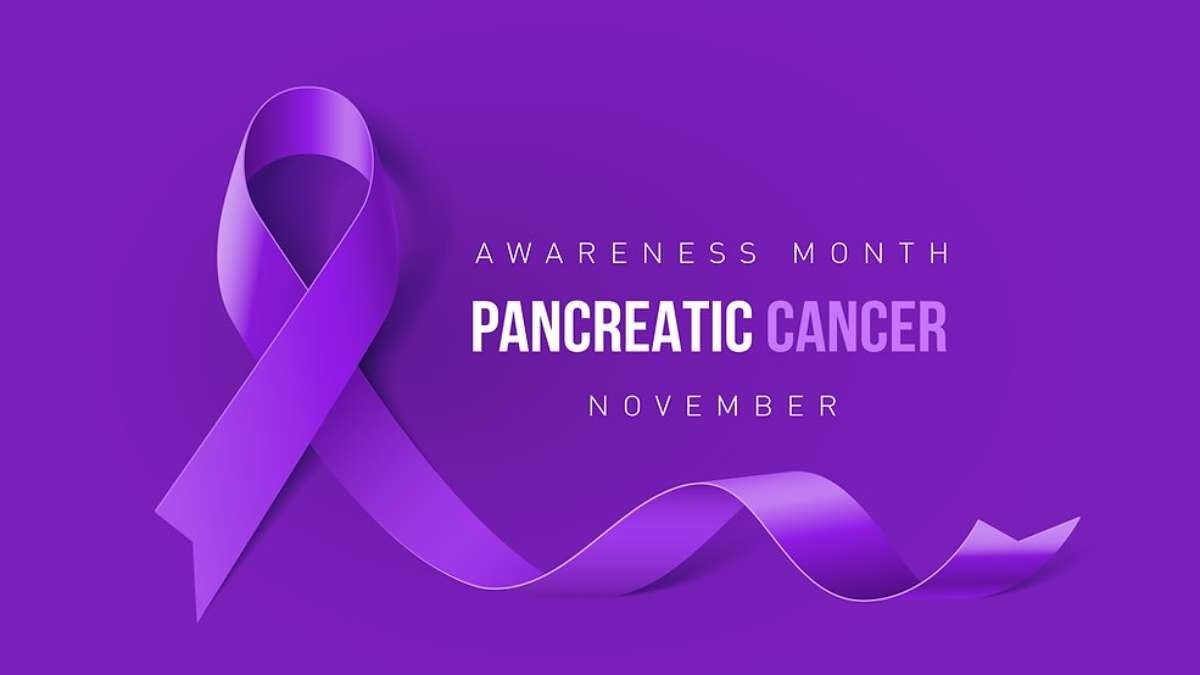
Health: Pancreatic cancer starts in the cells of the pancreas, which is an organ that releases digestive enzymes that tend to manage blood sugar. Pancreatic cancer is divided into two types that are exocrine tumors which are more common than neuroendocrine tumors. Signs of pancreatic cancer are often subtle and may go undetected in the early phases, which is a major factor contributing to the disease's late diagnosis. As the illness advances, individuals might begin to experience warning signs such as pain in the abdomen that might radiate to the back yellowing of the skin and eyes (jaundice), general tiredness and decreased appetite nausea and vomiting, unintentional weight loss, skin itching, darker urine, development of new diabetes or worsening of pre-existing diabetes.
The causes:
When we asked Dr Vinod Patil, MD, DM, Clinical Hematologist, Onco-Life Cancer Centre, Satara, about the causes of pancreatic cancer, he said this cancer is caused due to smoking, obesity, age, inflammation of the pancreas, genetics, and family history. Remember to initiate timely treatment after spotting the symptoms. Prompt intervention will help with successful patient outcomes.
The treatment:
The doctor will decide the line of treatment for you. The surgical procedure that may be recommended to remove the cancerous section of the pancreas is known as resection, which can be categorized as either a pancreaticoduodenectomy or a distal pancreatectomy, depending on where the cancer is located. Radiation therapy uses high-energy waves to destroy cancer cells. Chemotherapy involves using medications to eliminate these cells. Targeted therapy focuses on specific proteins and genes that contribute to cancer growth.
Preventive measures:
Quitting smoking, maintaining an optimum weight by following a balanced diet, avoiding junk, oily, canned, and processed foods, and engaging in regular physical activity per day is advisable for everyone. Taking steps to prevent and manage diabetes by blood sugar monitoring, and limiting alcohol consumption are some of the vital preventive measures that will help one to stay healthy.
Timely management of pancreatic cancer is not just about saving lives, it's about enhancing the quality of that life. Early detection can significantly improve treatment outcomes, as the disease often progresses rapidly and can enter advanced stages with little warning. Engaging patients in discussions about risk factors and symptoms empowers them to seek help sooner, transforming awareness into actionable steps that could ultimately save their lives from this cancer. So, exercise caution when it comes to your health and take the suggested preventive measures to keep this cancer at bay.
--Advertisement--

 Desk
Desk Share
Share






